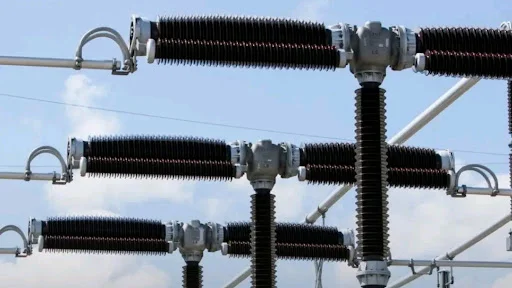By Eve Omayrs
In 2024, Nigerian manufacturers spent a jaw-dropping ₦1.11 trillion on alternative energy sources — just to keep their machines running and their doors open. That’s over a trillion naira that could have gone into creating jobs, scaling innovation, or driving economic growth. Instead, it was swallowed by diesel tanks, petrol barrels, and roaring generators.
The figures, reported by Nairametrics, represent a 42% spike from the ₦781.68 billion spent in 2023, highlighting the growing desperation of businesses navigating persistent power failures, unstable electricity supply, and surging fuel prices.
The industrial toll is heartbreaking. The Food, Beverage & Tobacco sector spent over ₦229 billion on energy alone. Pharmaceutical firms saw their power costs double, threatening access to essential drugs. Textile manufacturers, already struggling to survive, watched their energy expenses quadruple — a near 400% increase.
All this while the national grid collapsed 12 times in one year. Even with a slight increase in average electricity supply — from 10.6 to 13.3 hours a day — the relief was short-lived as tariffs climbed by up to 200% for some consumers.
This isn’t just a statistic. It’s a silent emergency.
Imagine running a factory where fuel is more consistent than electricity. Imagine trying to stay competitive in a global market while footing the bill for government failure.
How long can Nigerian manufacturers continue to power themselves in a country with a broken grid and rising costs?
The manufacturing sector is being strangled by a system that punishes productivity. If the government fails to act swiftly with power sector reforms, tariff adjustments, and renewable energy incentives, Nigeria may soon find itself without an industry to power at all.
This isn’t just about electricity anymore — it’s about survival.

